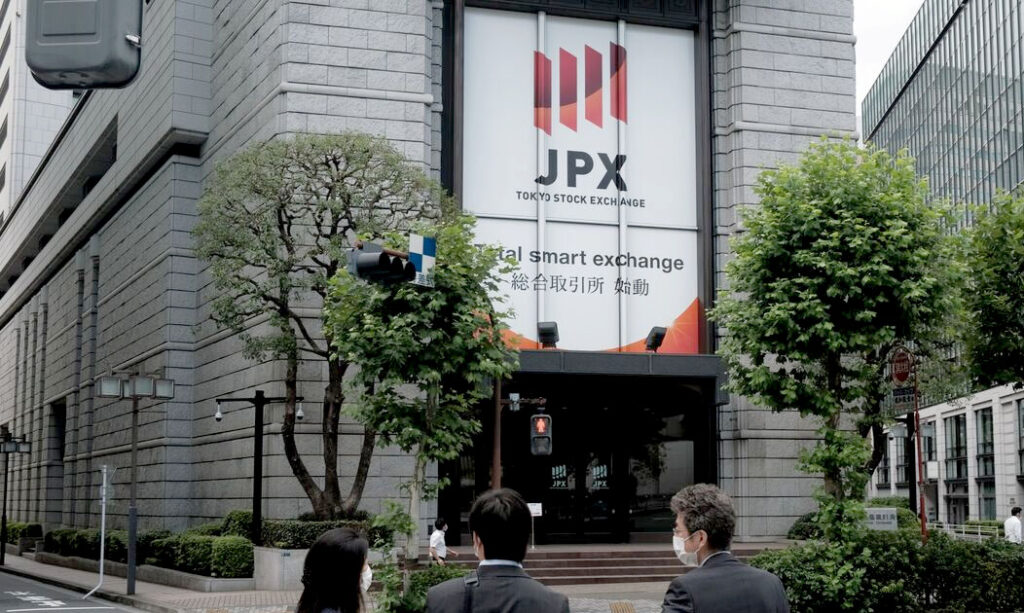Nikkei Surges to Reach Japan’s Highest Level Since the 1990 ‘Bubble’ Era
Japan’s stock market witnessed a significant rally on Friday, with the Nikkei benchmark index reaching its highest level since August 1990, during the country’s “bubble” era. The surge in stock prices was driven by a combination of positive factors, including strong earnings, signs of an improving economy, and optimism surrounding a potential U.S. debt ceiling deal.
The Nikkei index soared to as high as 30,924.57 before closing the day with a 0.77% gain at 30,808.35, marking its seventh consecutive winning session. The broader Topix index, which had already reached a post-bubble milestone earlier in the week, continued its upward climb, briefly hitting 2,171.37 before ending the day with a more modest 0.18% increase at 2,161.69.
Several factors contributed to Japan’s stock market rally. The ongoing strong earnings season, a weaker yen supported by expectations of continued stimulus from the Bank of Japan, and signs of a post-COVID consumption revival in the economy played crucial roles. Additionally, increased investment by Warren Buffett and efforts to enhance corporate governance by the Tokyo Stock Exchange attracted foreign buying, providing further momentum to the market.
The final push that propelled the Nikkei to its highest level in 33 years was fueled by growing optimism that U.S. lawmakers would reach a debt ceiling agreement, averting a potential default crisis. Market experts noted that long-term fundamentals in Japan may be undergoing a positive shift, making it an attractive opportunity for foreign investors.
Among the various industry sectors on the Tokyo Stock Exchange, precision machinery led the gains with a 1.43% rise, followed by services, up 1.35%, and machinery, which saw a 1.08% increase. Fast Retailing, the operator of Uniqlo stores, made the biggest contribution to the Nikkei’s gains, rallying 2.19% and adding 74 index points.
Furthermore, news of a potential collaboration between office equipment company Ricoh and a Toshiba unit to develop and manufacture copiers and printers resulted in a 7.69% surge in Ricoh’s stock, making it the largest percentage gainer of the day. This development highlighted the ongoing corporate reforms and business portfolio restructuring taking place in Japan, which justified the market rally.
Despite the overall optimism, some warning signs emerged in the market. Chip stocks initially gained following a rally in their U.S. counterparts but later erased those gains and even turned sharply lower. Advantest, for instance, initially surged 3.35% but ended the day as the worst performer on the Nikkei, sliding 2.86%. Financial shares also experienced a decline, falling the most among the industry groups on the Tokyo Stock Exchange, retreating 1.56% after reaching a two-month peak the day before.
Market analysts emphasized that investors would closely monitor the sustainability of the Nikkei rally and carefully consider whether the market is becoming overheated. While caution is warranted, many believe that the ongoing reforms and attractive valuations in Japan indicate that there is still potential for further growth in the market.

